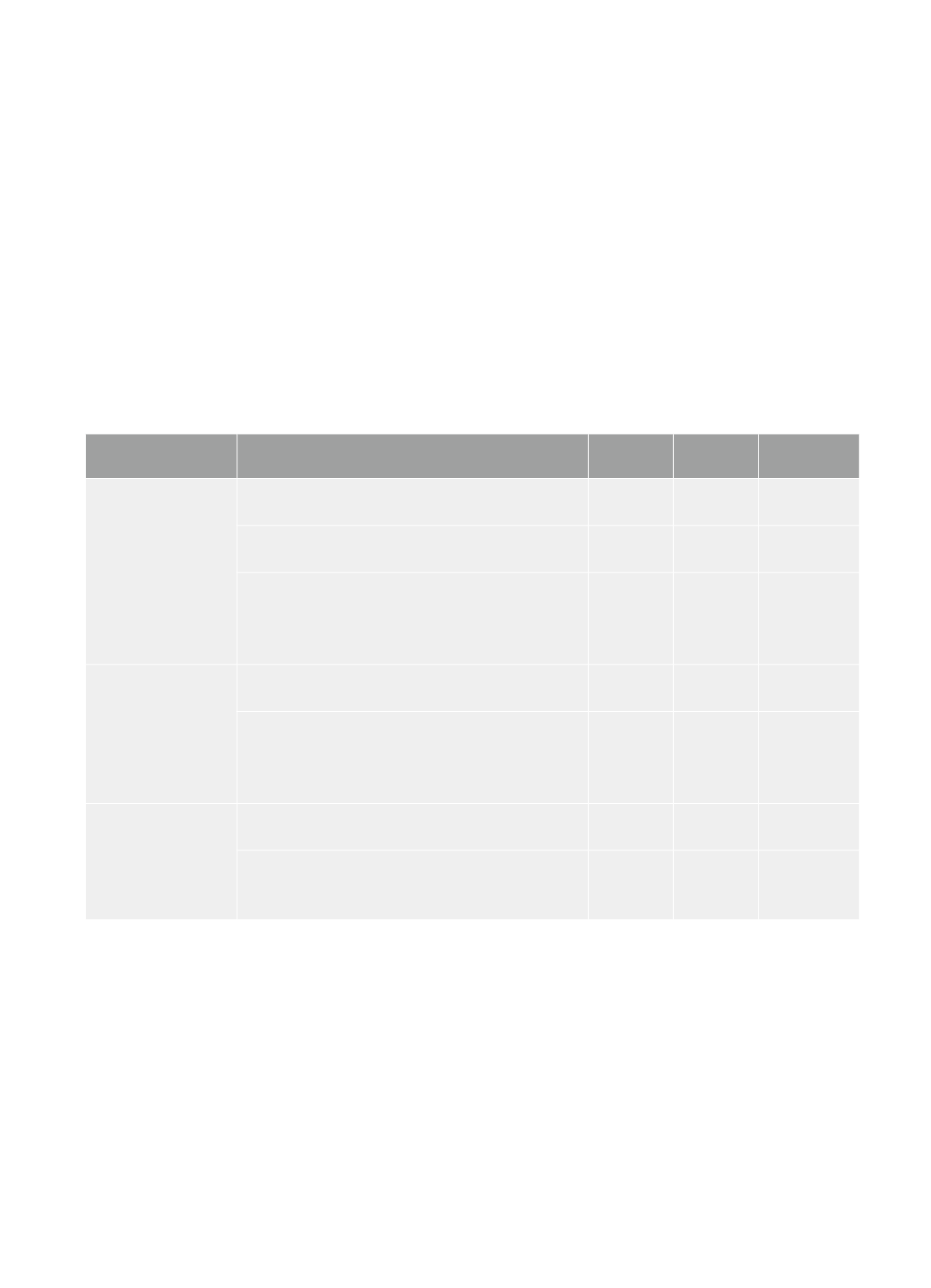

89
increasing employment rate under the growing economics. With time’s passing, the driving force would increase year by
ear in the future. The skill driving force compasses the application of phase-change materials (PCM) and the development
multiple functional protective clothing. After 3 or 5 years, when skill driving force becomes more mature, the market will be
motivated without much difficulty.
In all, the protective clothing market in the short terms will grow at a rather steady way. But, when the restrictions on
market are eased, there will be considerable growth in the long run.
Table 6: The driving force of protective clothing market and its restriction factors
Factors
1-2 years 3-4 years
Above 5
years
Market driving force
The requests of Labor Safety Laws and Regulations
High
High
High
The safety awareness of employers and employees
Fair
Fair
Fair
The industrializing development of emerging eco-
nomics and the increasing employment rate under the
growing economics
Fair
High
High
Skill driving force
The application of phase-change materials (PCM)
Fair
High
High
The development of the multiple functional protec-
tive clothing: the driving force of the future potential
market
Fair
Fair
High
Market restriction
factors
High price limits of unique protective clothing
High
Fair
Low
Strikes and industrial automation bring in decreasing
number of employees
High
Fair
Fair
Indexmundi, Materials Journals & Magazines, Factiva, Company Websites & Presentations, Press Releases, Expert Interviews,
and Markets and Markets (2013), Protective Clothing Market by Application, End-Use Industry & Material- Global Trends &
Forecast to 2018
Source: International Labor Organization (ILO),
CCOHS.Org, ESPC, OSHA, Indexmundi, Materials Journals & Magazines,
Factiva, Company Websites & Presentations, Press Releases, Expert Interviews, and Markets and Markets (2013), Protective
Clothing Market by Application, End-Use Industry & Material- Global Trends & Forecast to 2018
Competitiveness analysis on the five capabilities of protective clothing (See Figure 5)


















